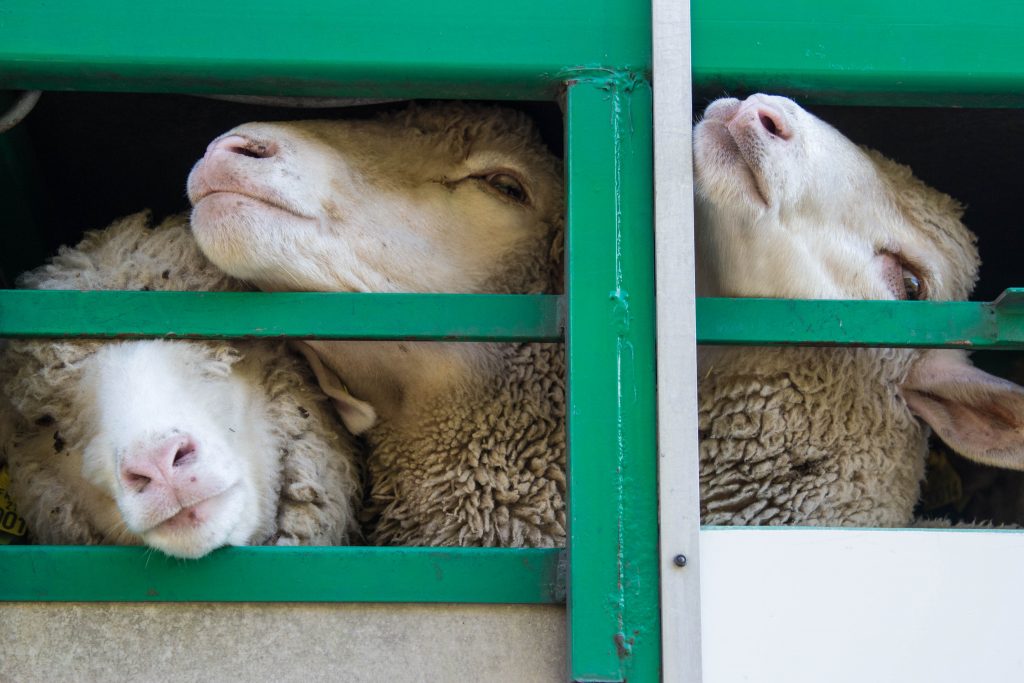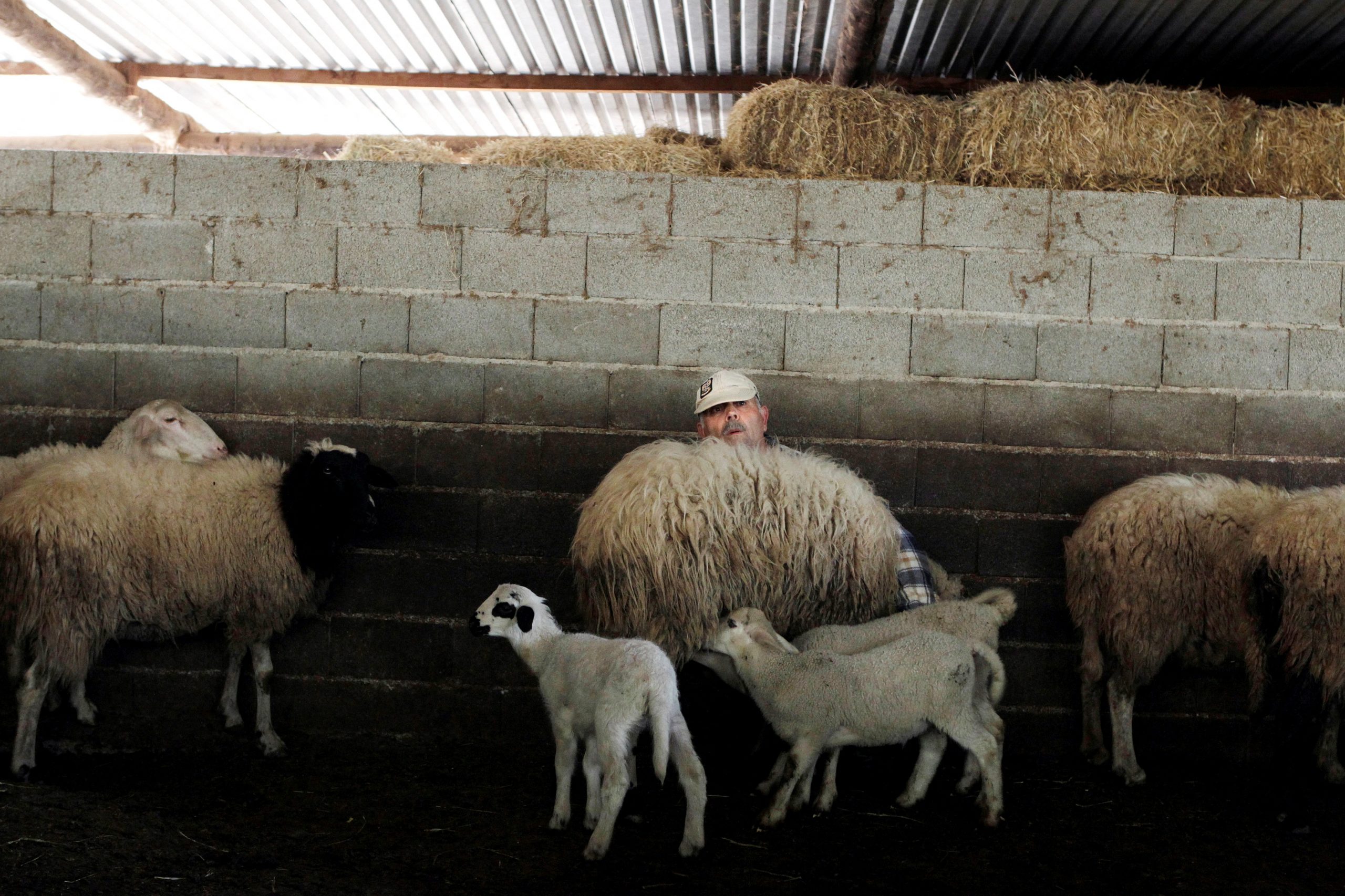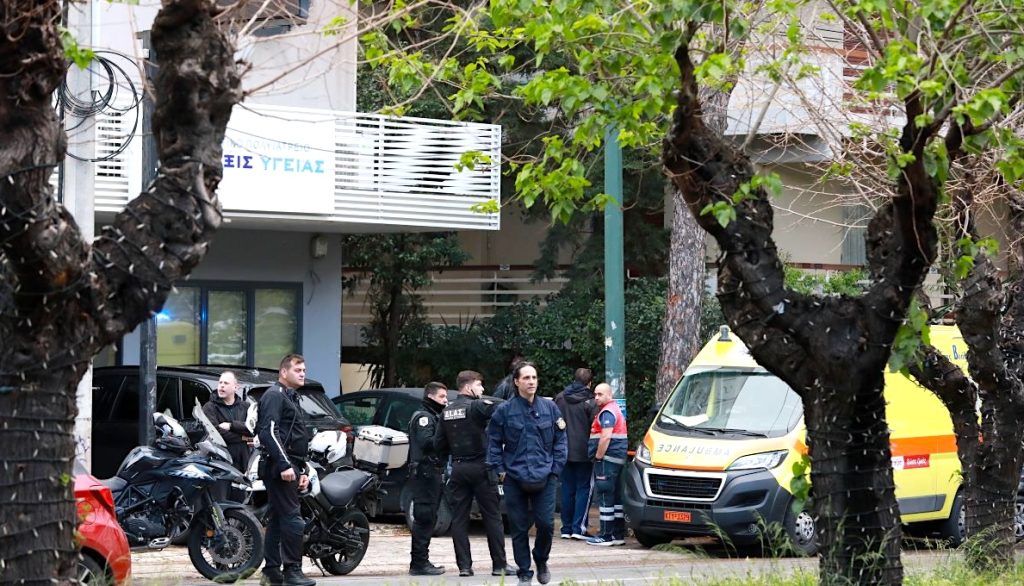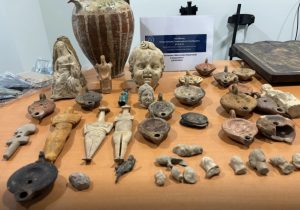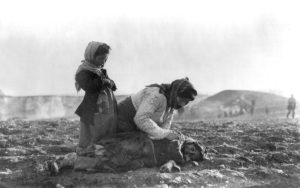The first case of goat and sheep plague (PPR) in the greater Athens region was announced yesterday, forcing the Greek government to put new nationwide restrictions and protection measures in place to slow the spread of the deadly disease.
Specifically, the newest case was found in a livestock unit in Aspropyrgos, an industrial area west of Athens. Farmers noticed strange behaviors exhibited by their animals and alerted the authorities.
For several days, specialized staff from the Local Disease Control Centers (LDC) of the Attica Region quarantined two livestock units that had legally procured live lambs from Romania, which appears to be the source of the outbreak in Greece.
Following the news, the Greek authorities announced that the measures in place in central Greece would now be extended to the entirety of the country.
This means that the commercial slaughter of goats and sheep, as well as movement for reproduction, is now banned throughout Greece, in a fresh hit to the already struggling domestic livestock industry.
Actions Underway in Attica
After the unit owners in Aspropyrgos reported suspicious symptoms in their animals, regional veterinarians conducted blood tests, and confirmed the first case in Attica.
Immediately, strict protocols from the Ministry of Rural Development and Food were implemented, which included the mass culling and sanitary burial of the unit’s lambs.
Additionally, the region’s veterinary services will thoroughly comb the area to identify and promptly address potential cases.
In a testiment to the need for Attica to boost its resources to battle the plague, the Attica regional council approved on Monday July 29 40,000 euros in expenses to procure supplementary equipment and services.
About the Plague – PPR
PPR, which also goes by ‘peste des petits ruminants’ and ‘sheep and goat plague,’ is a highly contagious animal disease affecting domestic and wild small ruminants.
It is caused by a virus belonging to the genus Morbillivirus, family Paramixoviridae and can impact up to 90% of a herd once it is introduced, according to the World Organization for Animal Health (WOAH).
The disease is transmitted through close contact of healthy animals with sick ones, direct contact with secretions of sick animals (tears, saliva, urine, feces), and indirectly through contaminated feed, bedding, machinery, and animal transport vehicles.
Symptoms in susceptible animals include high fever, lethargy and drowsiness, difficulty breathing and coughing, severe diarrhea, lesions with serous fluid around the eyes and nose, severe salivation from the mouth (wet face appearance), lesions inside the mouth (white plaques on the gums and the inside of the lips), and sudden mass deaths.
PPR is a WOAH-listed disease and thus its presence must be reported to relevant international bodies, in accordance with the Terrestrial Animal Health Code.
This year is the first time that PPR has been recorded in Greece.
Due to the high morbidity of PPR, it has a high economic impact on communities in Africa, the Middle East and Asia, where small ruminants contribute to guaranteeing livelihoods.

